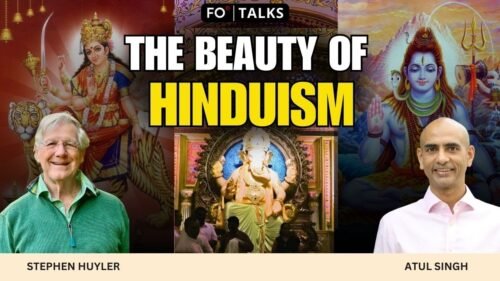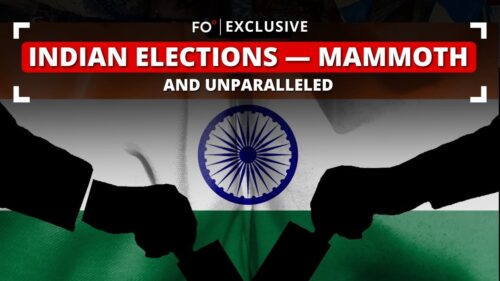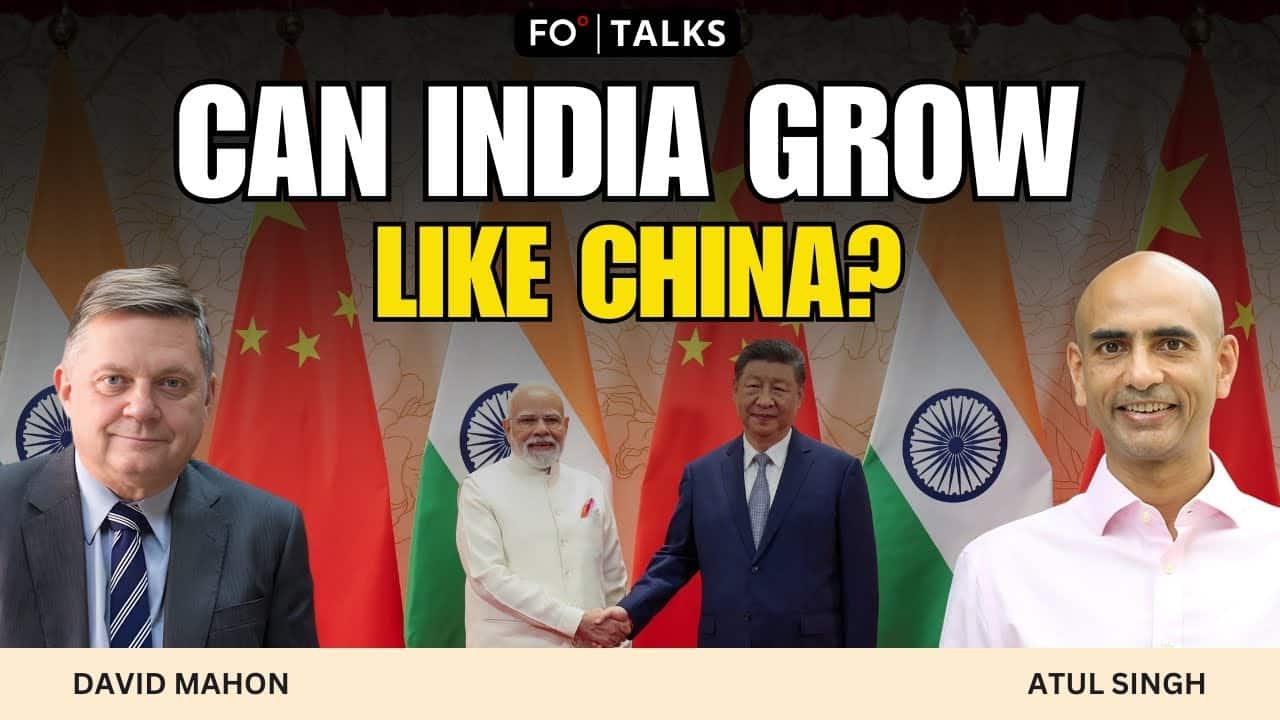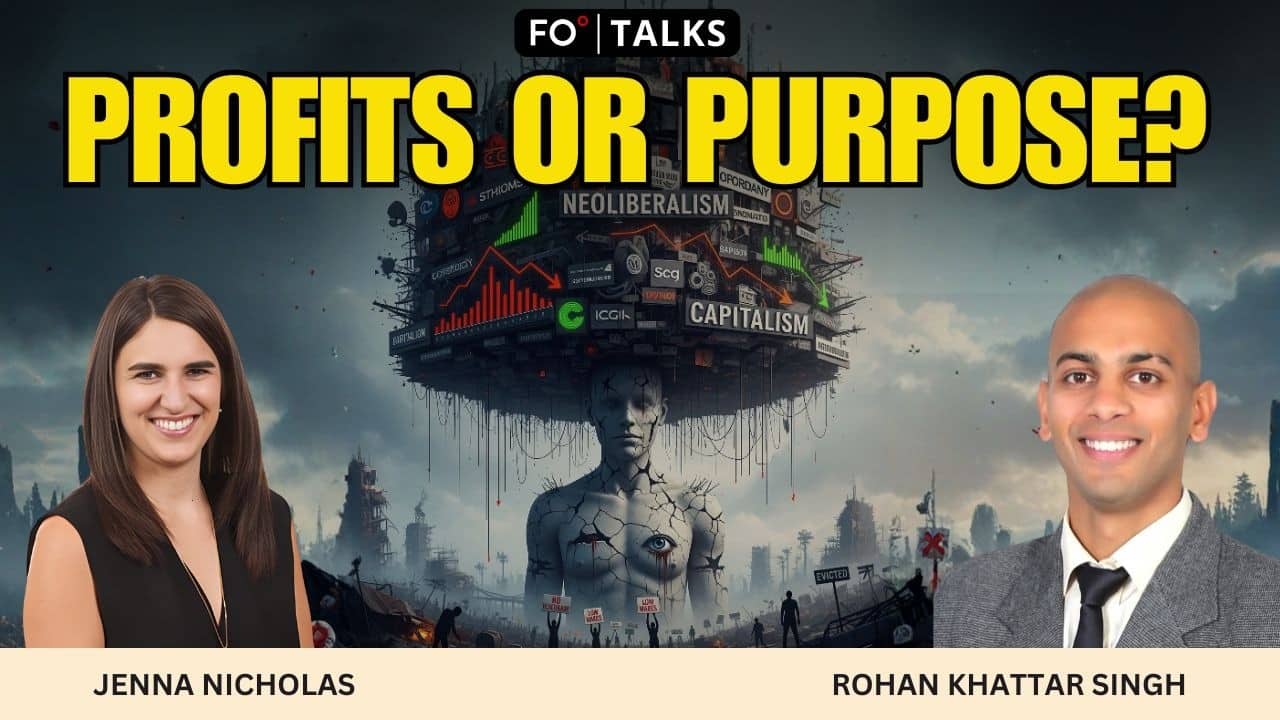Rohan Khattar Singh, Fair Observer’s Video Producer & Social Media Manager, speaks with Bangladeshi journalist Shahidul Alam about Bangladesh’s political upheaval and future trajectory. They discuss the fall of politician Sheikh Hasina, the challenges before Chief Adviser Muhammad Yunus’s interim government, the army’s role, election timing, minority safety, economic repair and shifting external alignments.
Sheikh Hasina’s ouster
Khattar Singh opens by situating Bangladesh within a history that included cycles of military and civilian rule after independence in 1971. He notes the long rivalry between Hasina of the Awami League and Khaleda Zia of the Bangladesh Nationalist Party (BNP). Khattar Singh recounts that in August 2024, student-led protests forced Hasina to resign and flee, which cleared the way for Nobel laureate Yunus to lead an interim government charged with stabilization and fresh elections.
Alam characterizes Hasina’s fall as the product of extraordinary repression. He says United Nations-linked estimates indicated roughly 1,400 people were killed and around 20,000 injured in three weeks, with allegations that forces fired from helicopters and that children were hit by snipers. He argues that Hasina enriched herself, acted with “complete subservience to India” and hollowed out state institutions by co-opting the judiciary, bureaucracy, police and military.
Bangladesh’s army
Turning to the military, Khattar Singh asks how much power it still holds. Alam notes Bangladesh’s long history of generals seizing control, as well as its continued influence even under civilian governments. He recalls “inappropriate comments” made by the army chief but stresses that the real danger lies in the entrenched deep state. This network of officers, once loyal to Hasina, remains intact, and Alam warns that their allegiance is “suspect.” In his view, the survival of Yunus’s interim government depends less on the open stance of the army than on curbing this hidden machinery of power.
The next election
Khattar Singh notes that elections have been postponed multiple times. Alam corrects him and says no date has been postponed because none has been formally set. He explains that an initial window had been discussed for December 2025 to July 2026, that the BNP pushed for December 2025 and that the government later floated April 2026. After Yunus met BNP leader Tarique Rahman, Alam says many now expect February 2026, though no official date has been announced.
Alam adds that people want to vote, since many have not cast a meaningful ballot in 16 to 17 years. He says unity has formed against Hasina’s repression, but he expects divisions to persist as groups press their agendas and as post-uprising expectations collide with governing realities. Euphoria, he cautions, often fades into frustration when results are slower than hoped.
Bangladeshi Hindus
Khattar Singh raises reports of rising violence against Hindus. Alam first clarifies terminology, saying Bangladesh has an interim government, not a caretaker one. He then challenges the premise and says the data does not support a surge of targeted anti-Hindu violence. He cites figures for August 2024 to February 2025 showing 1,254 violent incidents, with only about 20 — roughly 1.6% — classified as communal. Most incidents, he says, were political vendettas that affected Muslims primarily but also Hindus involved in politics or local disputes.
Alam acknowledges that Hindus suffered and must be protected. He adds that minority rights across South Asia remain inadequate. He criticizes India for speaking up only for Hindus while other vulnerable groups in Bangladesh also deserve attention. He notes that these figures were acknowledged by India’s Ministry of External Affairs spokesperson.
Bangladesh’s economy
Khattar Singh turns to jobs and stability. Alam agrees that youth unemployment helped ignite the anti-Hasina movement. He alleges that about $16 billion per year had been siphoned abroad for over a decade, which left the banking system in disarray.
Even so, he points to early improvements: Reserves stopped falling, some foreign direct investment arrived and confidence began to return. He says these are insufficient. Yunus’s microcredit background helps, but Alam argues that broader policy capacity is required. He urges mobilizing the Bangladeshi diaspora’s expertise and, above all, rebuilding confidence. People, he says, have been traumatized, and restoring trust is the essential precondition for investment and growth.
India, Pakistan, China, America
Finally, Khattar Singh asks how foreign policy may evolve. Alam says that ending Hasina’s India-centric tilt creates space for a more independent posture. He says Bangladesh is “developing a spine” and notes warmer ties with the West, aided by Yunus’s personal links to the United States. He also highlights a dramatic improvement with Pakistan, including eased visas and direct bilateral trade, after years in which Pakistan had been treated as a pariah. China, Europe and America, he says, are now engaged through an independent lens rather than an India lens.
Alam emphasizes that India remains too large to ignore. He calls for cordial trade and intellectual collaboration, provided New Delhi stops “playing big brother.” If India acts with generosity, he says, the relationship can flourish.
He closes by warning that misinformation about Bangladesh, especially in India, has strained ties and says that more visitors on the ground would help correct distortions.
[Lee Thompson-Kolar edited this piece.]
The views expressed in this article/video are the author’s own and do not necessarily reflect Fair Observer’s editorial policy.











































Comment